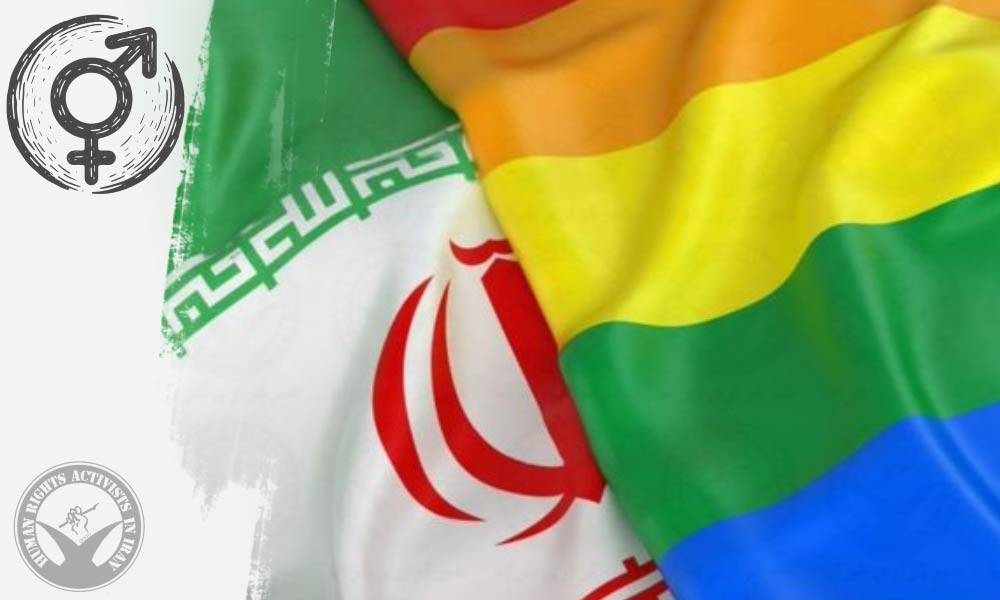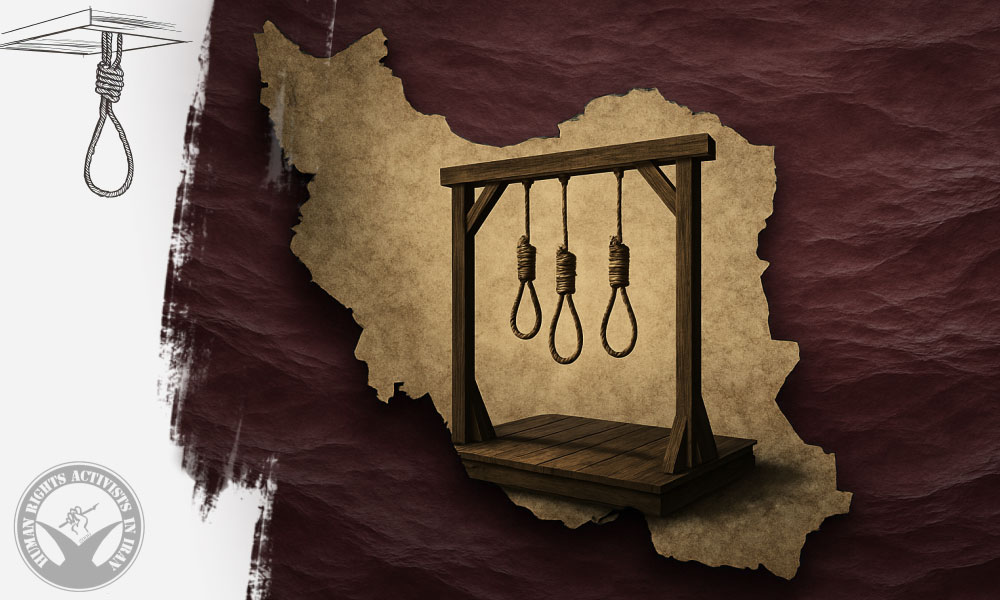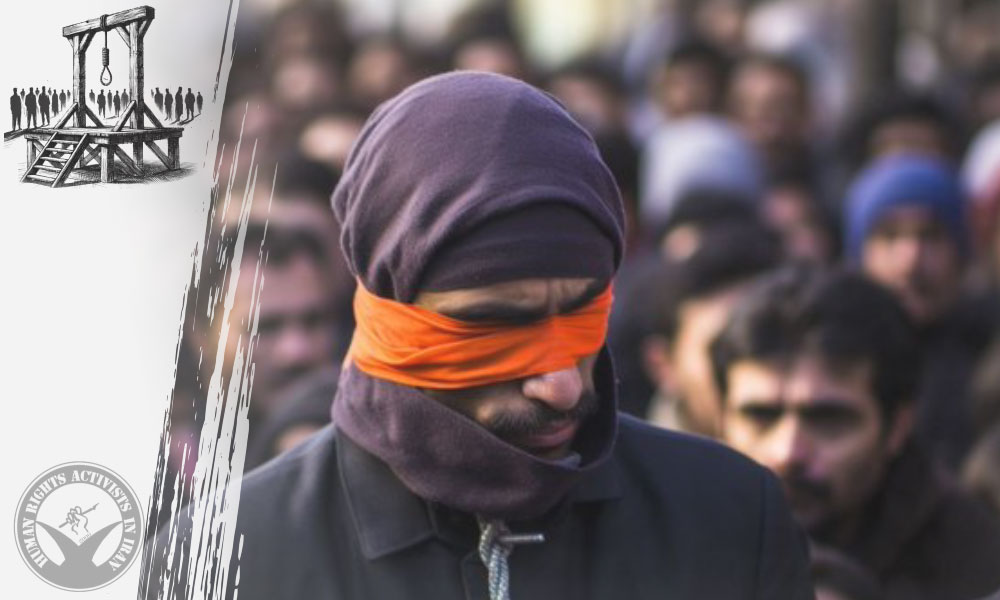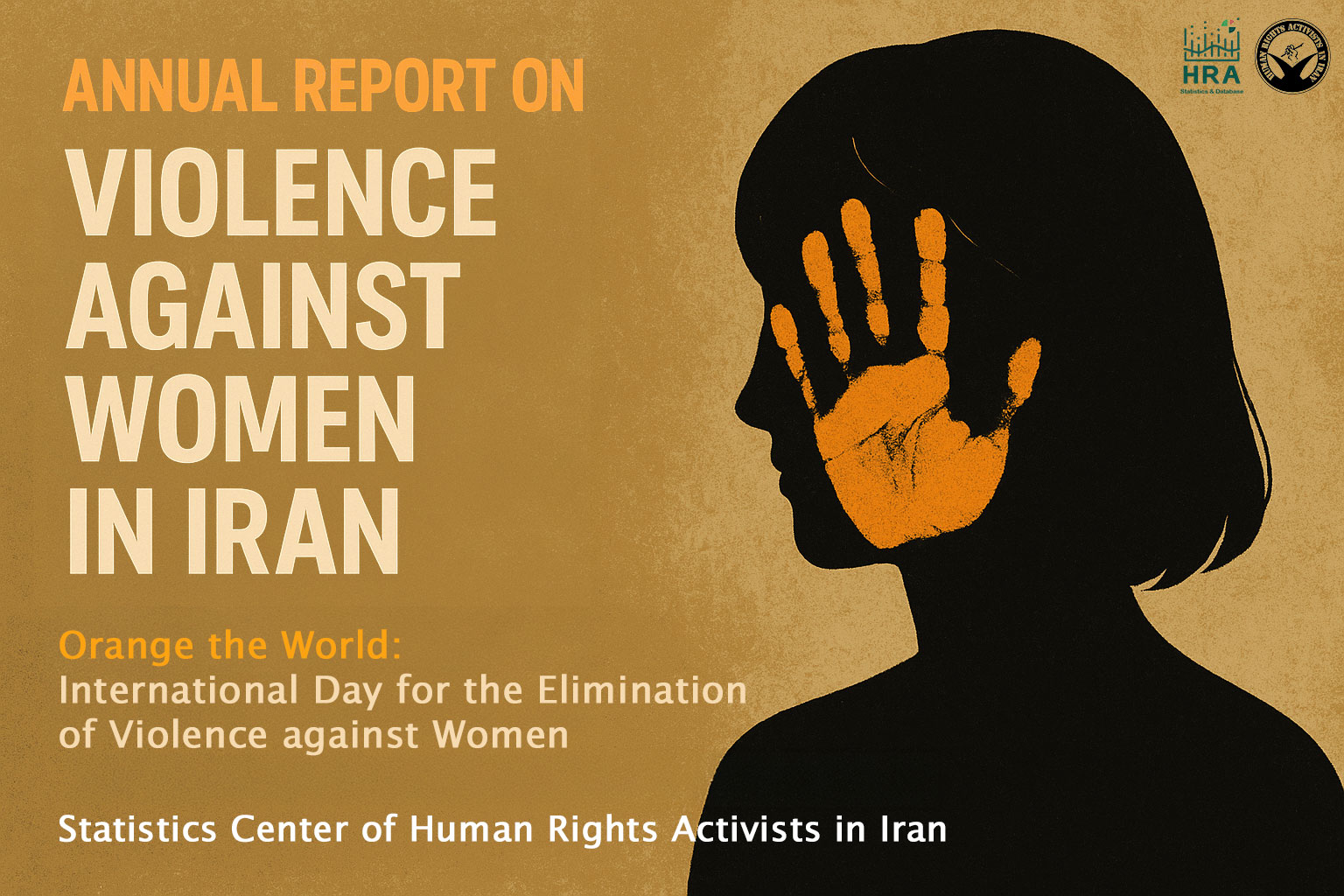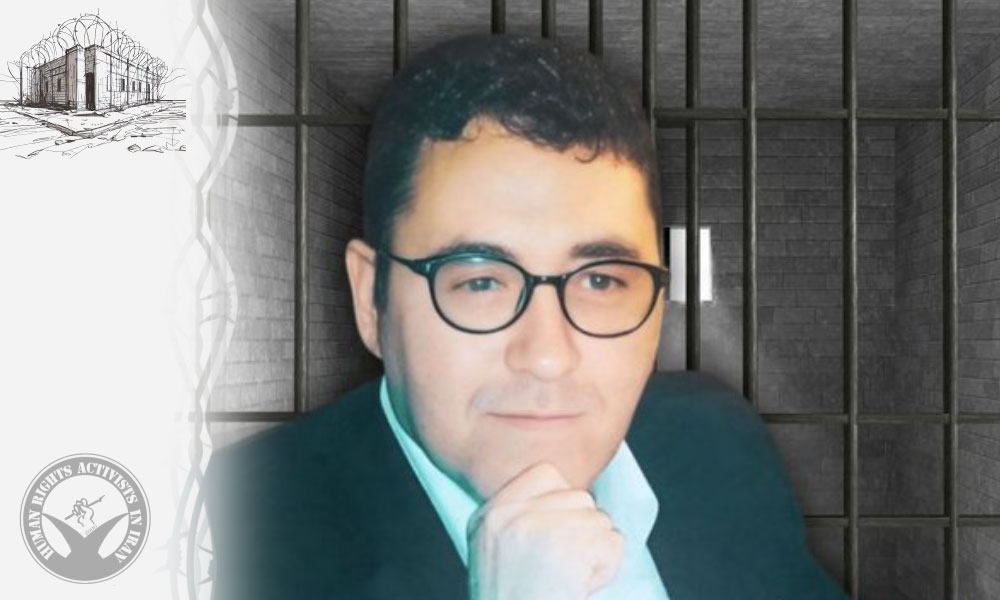In February of last year, the Criminal Court of Tabriz sentenced a man to three years in prison for the murder of his 17-year-old transgender son, sparing him from more severe punishment. According to the report by Rokna, the man killed his son, Parsa, because he wore makeup.
During his trial, the father defended his actions by stating, “Parsa had feminine sexual inclinations, and we did everything we could to treat him, but none were effective because Parsa did not cooperate and kept running away from home. His behavior was completely uncontrollable.” He also attempted to place Parsa in the care of the State Welfare Organization, which declined due to Parsa’s conditions.
The father further claimed that Parsa had recently tried to influence his younger brother, asserting, “His brother said that when we are alone at home, Parsa shows pictures of his friends and talks about the ‘immoral acts’ they perform together. I could no longer bear it. I felt so disgraced and embarrassed among friends and relatives.”
Ultimately, referencing Article 612 of the Fifth Book of the Islamic Penal Code, the court sentenced the man to three years in prison, including time already served. The Islamic Republic’s laws designate the father as the primary “blood avenger,” a status that can spare him from severe punishment in cases involving the killing of a child. This provision has been widely criticized by many who argue that it sometimes enables repeat offenses.
It is important to note that transgender individuals have a gender identity that differs from the sex assigned to them at birth. Not all transgender individuals seek gender confirmation surgeries. However, under Iranian law, a transgender person’s identity is recognized officially only after undergoing surgery and sterilization.
No specific regulations have yet been established in Iranian law regarding the transition process for transgender individuals; however, a section was included in the 2013 Family Protection Bill. In 1983, Ruhollah Khomeini issued a fatwa legitimizing gender reassignment surgery. The absence of uniform laws for changing documents and obtaining necessary surgical permits has created significant challenges for transgender citizens, navigating legal complexities and facing arbitrary and sometimes exploitative behaviors by certain legal authorities.



